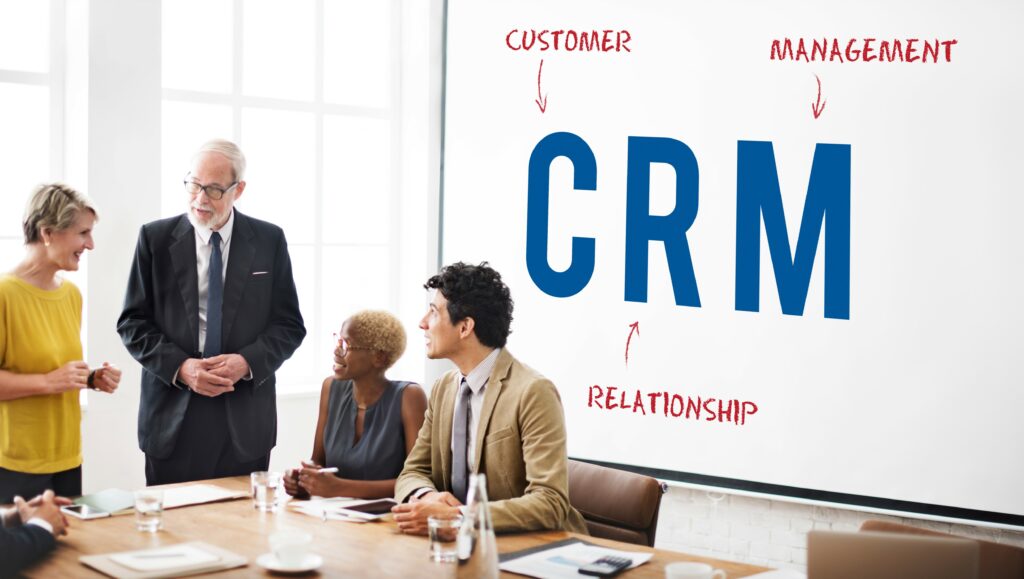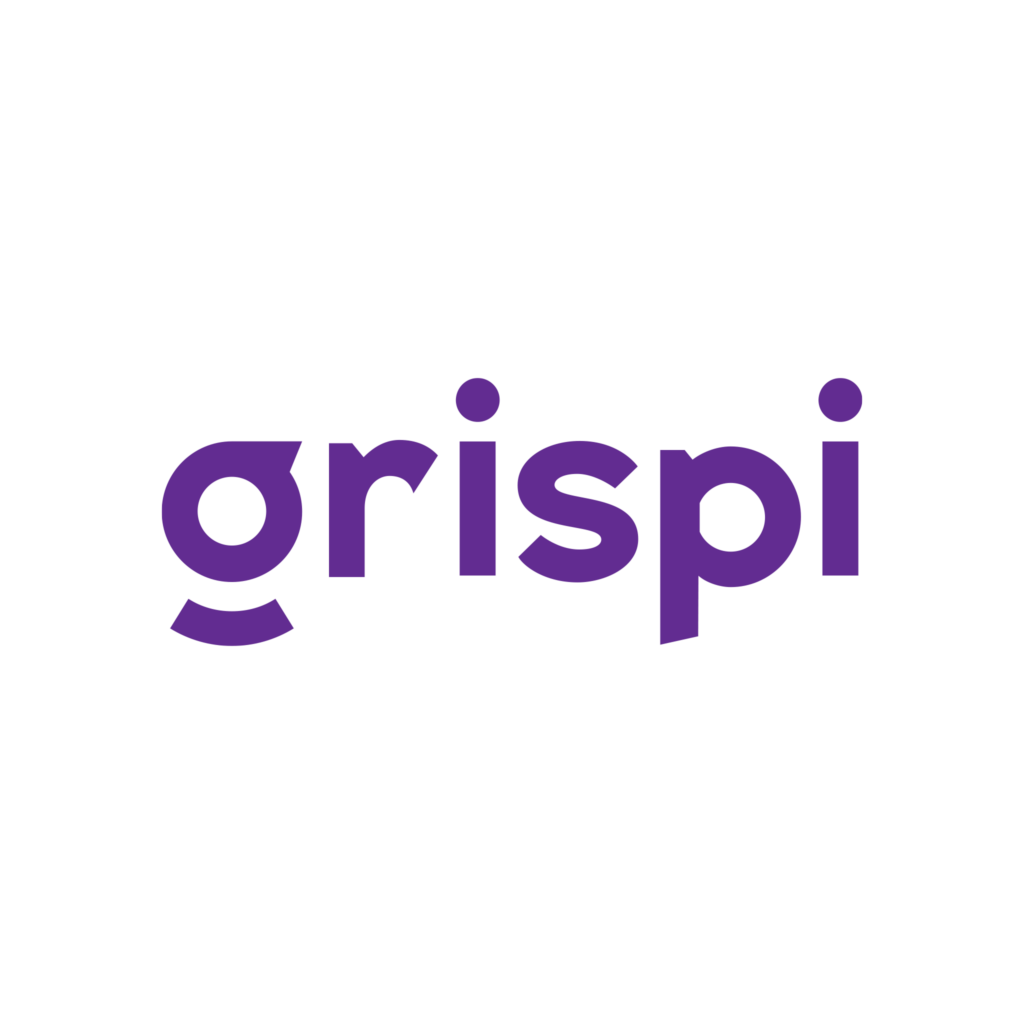CRM (Customer Relationship Management) – What Is It?
CRM refers to the entire process organizations follow to manage relationships with existing and potential customers—before, during, and after sales. CRM stands for Customer Relationship Management, which encompasses all strategies, tools, and systems used to improve and manage customer interactions.
Effectively managing customer relationships requires understanding and meeting expectations. The tools, systems, and applications that help companies handle these processes seamlessly and without data loss are also collectively referred to as CRM.
With CRM, businesses can record and store customer data, track customer details, respond to requests quickly, and guide customers toward purchasing decisions. This enables strategic management of customer interactions and supports growth in both revenue and profitability.
What Does CRM Do?

CRM systems are used across industries to manage customer relationships. They are among the most effective tools for fostering brand and product loyalty among current and potential customers.
CRM software records detailed information about customers, including which services they’re interested in, where they are in the sales or contract process, and their past requests and feedback. This allows businesses to analyze and understand their entire customer portfolio.
What Are the Benefits of CRM?

CRM platforms provide businesses with a structured and data-driven way to manage interactions at every stage of the customer lifecycle. They help organizations track customer data, service requests, offers, and more—all from a single platform.
By analyzing customer needs and behavior, CRM helps companies differentiate themselves from competitors. Below are some of the key benefits of using a CRM system:
1. Enables Customer-Centric Service
CRM systems help organizations get to know their customers deeply. In addition to basic contact details, the system stores rich information about interactions across departments. This enables segmentation and targeting with personalized offers.
By analyzing customer preferences and behavior, CRM tools allow businesses to deliver service tailored to customer expectations. Through detailed data and reporting, CRM strengthens interdepartmental collaboration and ensures that every stage of the customer journey is optimized.
2. Makes Your Brand the Preferred Choice

CRM software gathers and analyzes data from potential and current customers on a centralized platform. Support teams can manage all incoming requests from a single interface, improving response time and consistency.
By delivering a personalized customer experience, CRM helps your brand stand out. With integrated communication tools like calls and live chat, businesses can quickly respond to inquiries. Sales teams can easily monitor data from a unified dashboard, boosting performance and efficiency. All these features contribute to making your brand a preferred choice.
3. Supports In-Depth Analysis and Reporting

Keeping customer data accurate and up to date is one of the core strengths of CRM software. It empowers faster and more informed decision-making.
CRM tools can generate detailed reports based on customer data. These reports can be filtered according to your organization’s unique needs, allowing you to identify gaps and develop actionable strategies. This leads to better planning and improved performance across all customer-facing teams.
4. Drives High Efficiency and Productivity
CRM systems enable integrated management across departments like marketing, procurement, human resources, and technical support. Because CRM tools are cloud-based, they provide access to data from anywhere with an internet connection.
This supports efficient workflows, even in hybrid or remote work environments. Field agents and service teams can enter real-time data while working off-site, ensuring seamless collaboration. CRM also strengthens communication between departments and streamlines task delegation.
By using a robust CRM strategy and platform, you can manage customer relationships more effectively, optimize internal workflows, and enhance customer follow-up processes. This allows you to allocate more time to acquiring new customers while increasing the satisfaction and loyalty of existing ones.
The Easiest Way to Manage Customer Relationships: Grispi
Whether you’re looking to switch from your current CRM system or implement one for the first time, Grispi offers all the features you need—from cloud call center integration and live chat to customizable forms, ready-to-use templates, and detailed analytics.
Click here to start your free trial of Grispi, and take advantage of easy setup and dedicated support. You can also contact us for more information.
